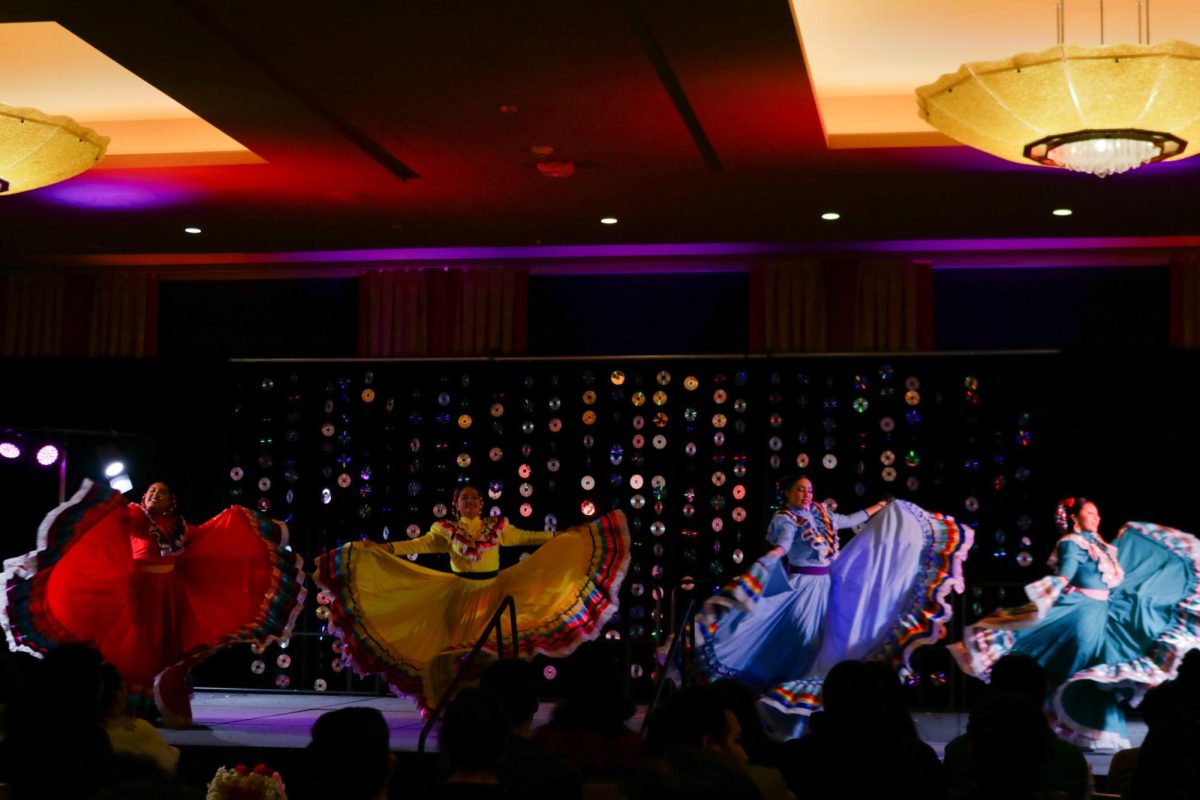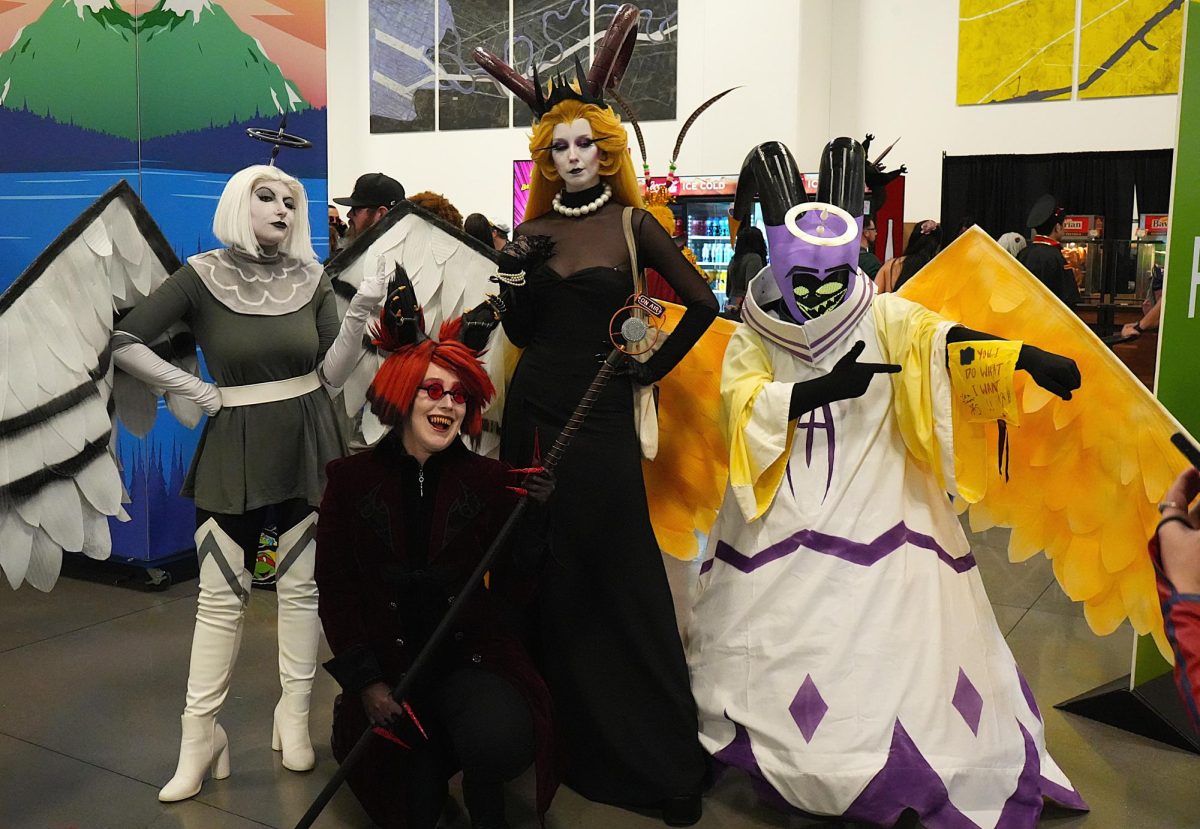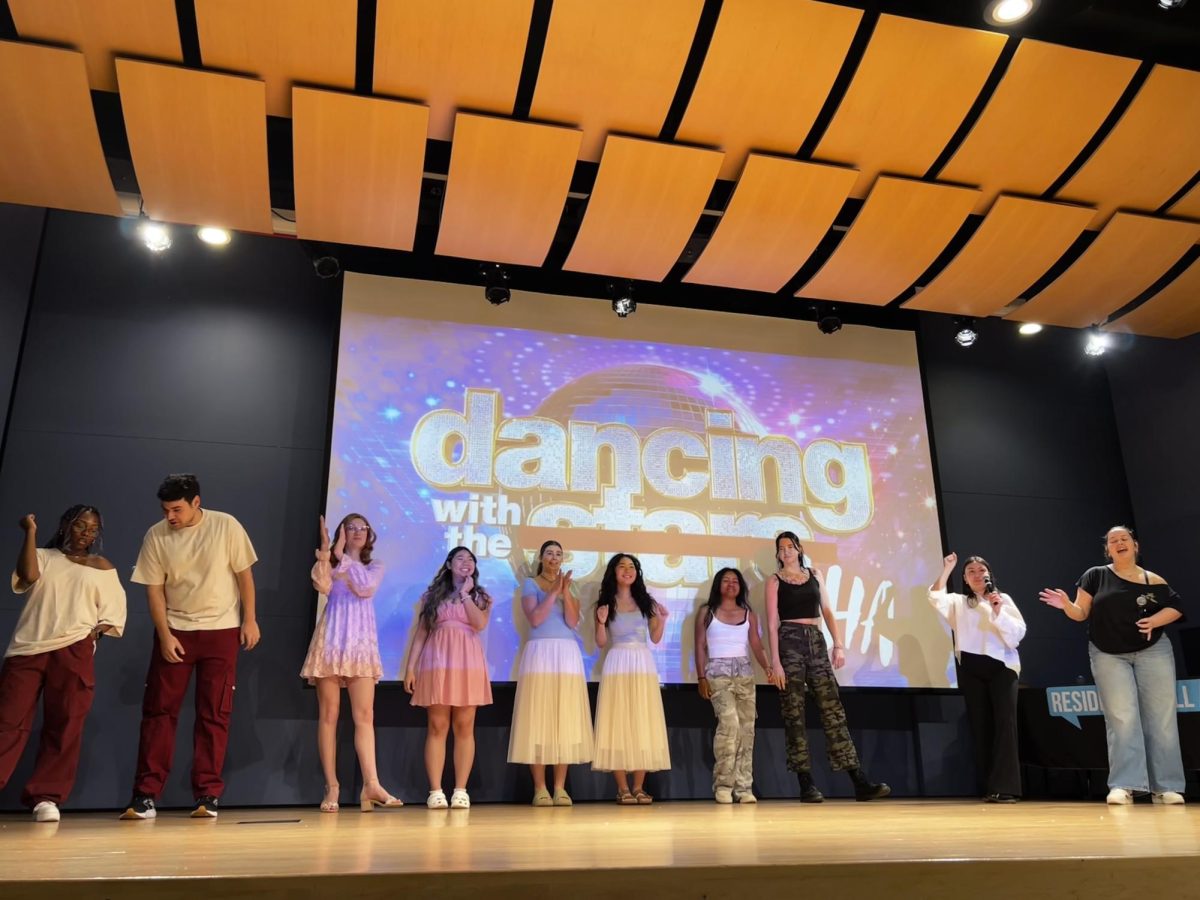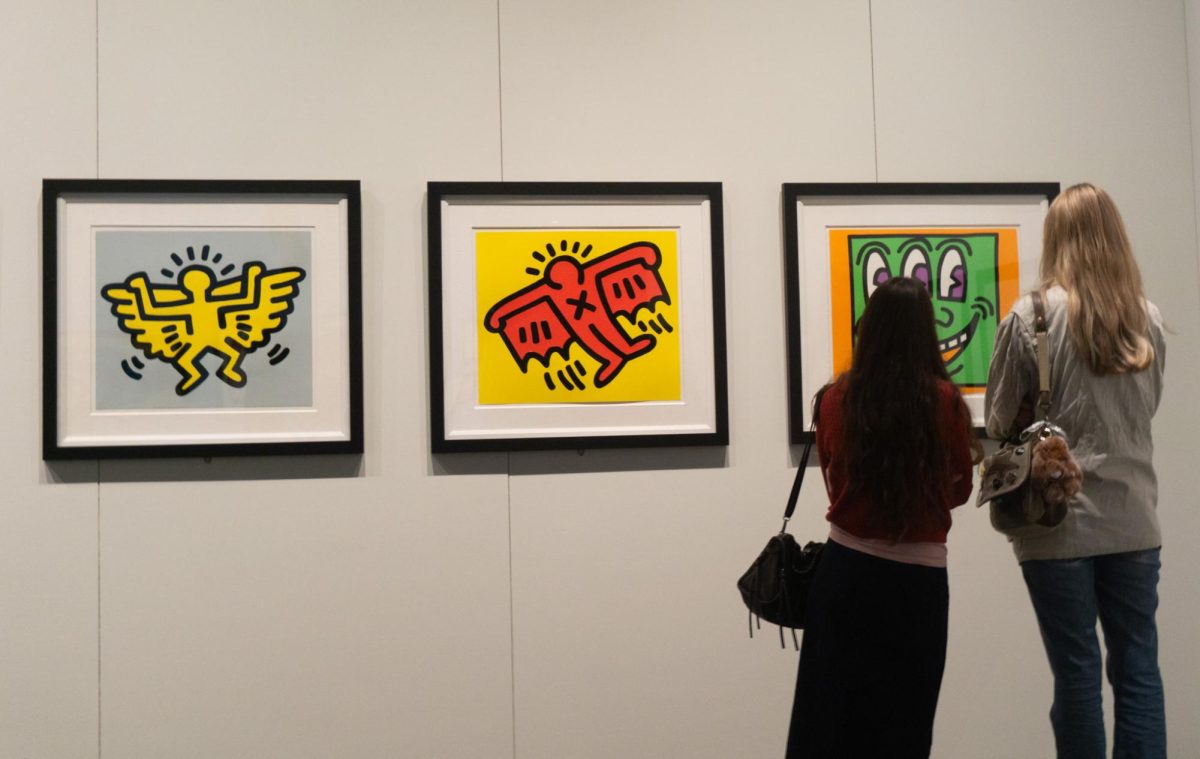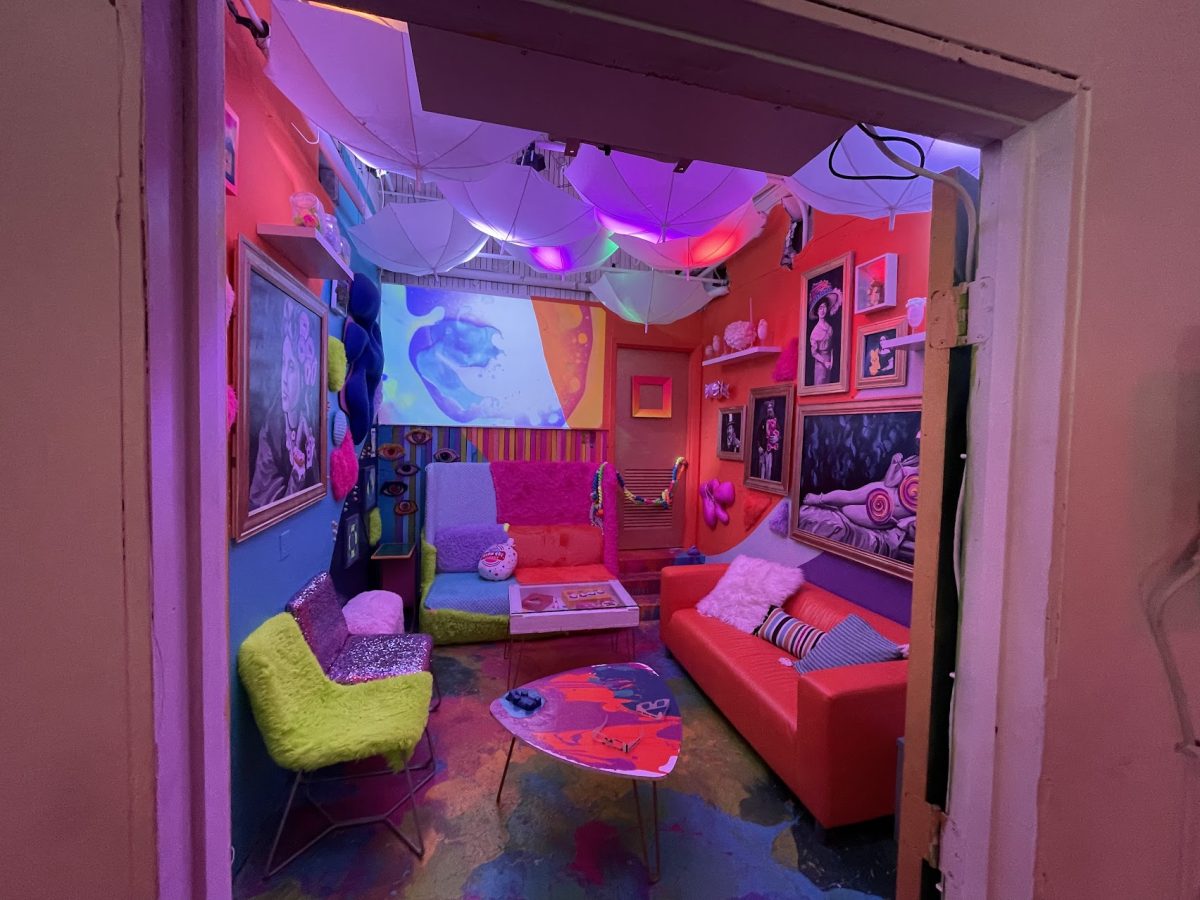When the civil rights movement is portrayed in popular culture, it’s usually displayed in the most simplified context possible: African Americans marching through our nation’s capitol or Martin Luther King, Jr. giving his “I Have a Dream” speech. Very rarely, however, does American media delve into the complexities of the civil rights movement, particularly the diversity of those involved—men and women alike—who devoted their lives to equality and the fight against in justice.
This Thursday, May 29, the 4th Annual Africa Day Celebration hopes to add a new dimension to the well-known narrative of the civil rights movement. This year’s celebration, sponsored by the Global African Studies program, will feature the film “American Revolutionary: The Evolution of Grace Lee Boggs” as well as a short discussion with professor Stephen Ward from the University of Michigan, who will be speaking about Boggs’ life.
The movie centers on Grace Lee Boggs, a 98-year-old Chinese-American woman in Detroit who played an active role in the civil rights movement, and was also an important activist for labor rights, feminism, Black Power, Asian Americans, and environmental justice. According to the film’s description, “as she wrestles with a Detroit in ongoing transition, contradictions of violence and non-violence, Malcolm X and Martin Luther King, Jr., the 1967 rebellions, and non-linear notions of time and history, Boggs emerges with an approach that is radical in its simplicity and clarity: revolution is not an act of aggression or merely a protest. Revolution, Boggs says, is about something deeper within the human experience: the ability to transform oneself to transform the world.”
Students who helped organize this year’s event hope that it will offer an opportunity for students and the surrounding community to see a more complex and less-celebrated side of the civil rights movement, and a more realistic view of social justice than what has previously been taught.
For senior Allason Leitz-Lesch, one of the event’s organizers, the film could be helpful in starting a more progressive dialogue on campus about what the civil rights movement was really comprised of.
“I think what the film shows is the diversity that was in the civil rights movement, and to understand that it wasn’t just the popular trope of one black fighter. It’s always portrayed by these racialized figures,” Leitz-Lesch said. “I think a movement is stronger when there have been lots of different people coming together to say ‘this is something that’s important to us as a country,’ especially in the U.S. I think that this plays to one angle of the strength of the civil rights movement.”
She also hopes the event will create a more complex dialogue around what social justice really means here at the university.
“I hope that it’s something that can start a conversation. I think this school has a long way to go [with regard to social justice]. And I think the dialogue on campus is set to go in the right direction,” she said. “But I don’t think there’s a big enough awareness of where we need to move away from and [where we need to] move toward,” Leitz-Lesch said.
Senior Trayvon Webster, who will be MC’ing the event, is also hopeful that the movie will spur a dialogue on campus.
“As a whole, I think this is basically creating a partnership, not only with [global African studies], but with the students and also building a community, to where we have a safer environment to talk about issues. A lot of people can’t talk about certain things because we’re a Catholic school. We have a certain religion that a lot of administrators live by,” he said. “More events like this will open up things.”
Like Leitz-Lesch, he hopes that the film will create a better environment for Seattle U students to come together as a community and reevaluate their commitment to social justice.
“I would love it to build more community with SU students who are not African Americans. I would love to see some caucus workshops going on, some collaboration with the community—not with just Bailey Gatzert. But let’s see what we can build around the Central District, and Yesler and the Rainier Valley,” he said. “How SU can stretch, because we have a lot of students who live in this area and don’t go to Seattle U. And I don’t think it’s just a funding, I think it’s a recruitment thing,” Webster said.
The 4th Annual Africa Day Celebration will be held in Pigott Auditorium beginning at 6 p.m. on Thursday, May 29. Admission is free.


